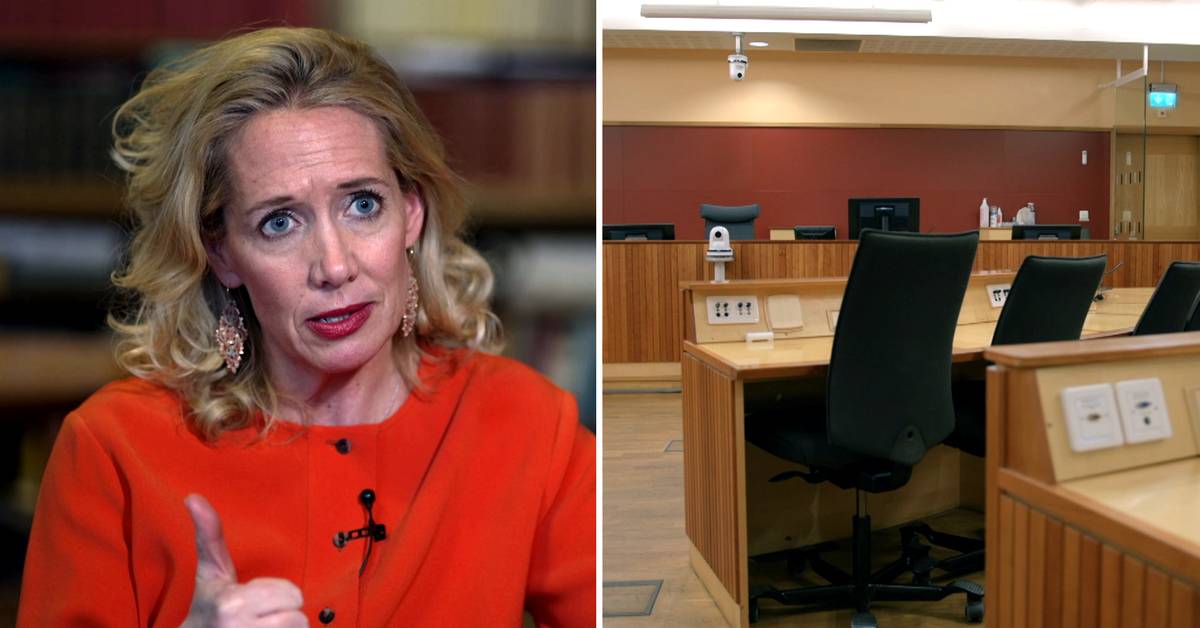The recruitment of lay judges for the period 2024–2027 is underway. But there are challenges. More and more lay judges are hesitant to continue the assignment, according to Stefan Blomquist, chairman of the National Association of Lay Judges.
According to him, this is because the two jurors belonging to the Social Democrats were contacted by the party district after having been involved in acquitting a man of rape in the so-called Snippa verdict.
The Court of Appeal acquitted the man as the court considered that it was unclear what the 10-year-old girl meant by the word " snippa".
"I am very worried about this, primarily about the politicisation of the courts, but also about the recruitment of new lay judges," he says.
The Swedish Bar Association wants the system to change
It is the political parties in the municipal and regional councils that nominate lay judges.
The person does not have to be a member of any party, but in practice about 95 percent of today's lay judges belong to some political party.
According to Mia Edwall Insulander, Secretary General of the Swedish Bar Association, the Snipping Court has raised the question of how lay judges should be selected.
"Lay judges should not be political and therefore they should not be appointed politically. There is a risk that the judging will be politicized, she says.
She suggests that the nomination could instead be made through the County Administrative Board. The Swedish Judges' Association has also expressed that the appointment should change.
Previously investigated
A government inquiry from 2013 concluded that recruitment should continue through the municipal and regional councils. The investigators considered that recruitment via the County Administrative Boards would mean a poorer democratic anchoring.
Stefan Blomquist does not want to change the system but admits that it is not perfect. Among other things, he wishes that more lay judges would lack party affiliation and that more younger people would become lay judges. Today, the average age is 62 years.
"The system is good as it is today, but it can be better," he says.

